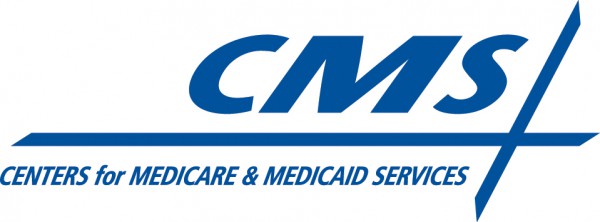Facing Pressure from Hospices, CMS Amends Prior Authorization Drug Policy
Main Article Content
Abstract
Under pressure from hospices nationwide experiencing financial and administrative strain, the Centers for Medicare and Medicaid Services has revised its own guidance that was intended to help avoid duplicate payments for prescription drugs. This change comes two months after the CMS rule’s effective date; months in which, providers say, access to end-of-life care was jeopardized.
In May, CMS began to require a prior authorization process for hospices and Medicare Part D providers in order to determine responsibility of drug coverage. Hospices were charged with covering medications not related to the hospice, or terminal, diagnosis. Previously, hospices paid only for drugs needed for symptom management, and Part D policies covered medications for hospice patients’ unrelated conditions.
“Based on discussions with stakeholders, we are adjusting our rules so that beneficiaries enrolled in hospice will continue to have access to their medications while balancing recommendations by the Inspector General meant to safeguard the Medicare program,” said Raymond Thorn of the CMS Office of Communications.
The Office of the Inspector General had recommended the policy’s implementation to minimize mistakes in which Part D plans covered hospice drugs. However, the more than 40 healthcare organizations and hundreds of hospice providers that have lobbied against the rule in recent weeks maintain it unduly burdened beneficiaries, requiring dying patients to navigate payer disputes.
“CMS listened when they convened all the various stakeholders, and heard a unified message focused on protecting beneficiaries from an onerous and insensitive prior authorization process,” said Jonathan Keyserling, Senior Vice President of the National Hospice and Palliative Care Organization. “The announcement of significant modifications in the previous guidance will greatly relieve the stress that patients and families, as well as providers, were experiencing under the prior flawed process.”
Under the revised policy, CMS expects Part D sponsors to use hospice prior authorization only on four drug categories typically covered under the hospice benefit – analgesics, anti-nauseants, laxatives, and anti-anxiety medications.
“Barriers to access should be minimized,” Thorn said, as the number of these claims is expected to be minimal.
Implications
Providers say the original guidance lengthened admission processes and they maintain it often deterred patients from hospice support if medications taken for decades, psychiatric drugs for example, would not be covered upon enrollment.
“We had changed our admission documentation, and we were starting to have those conversations with new admissions,” said Greg Zrazik, Chief Financial Officer of Angels Grace Hospice in Chicago’s southwest suburbs. “We have been looking at the drugs, trying to determine what we felt we would pay for, what would be paid for by Part D and aggressively looking at things they could consider stopping or could pay for themselves.”
Angels Grace has experienced a 30 percent uptick in drug costs since the rule took effect. Serving 45 patients a day, the hospice experienced a “huge burden” that threatened its financial future – average daily Medicare hospice reimbursement is $160.
“This puts things back to if hospices are doing the right thing, we would certainly recommend a patient come off of drugs that aren’t appropriate,” Zrazik said. “But we don’t have to be aggressive, or make patients make difficult decisions.”
Hospices may realize instant efficiency as a result of this revision, providers say.
“We don’t have to be focused so much on the rigmarole of all the paperwork, and instead we can think more about what the patient and family needs and spend time with them,” said Martha Twaddle, medical director of JourneyCare, a hospice serving 500 patients daily across northern Illinois.
“Time and personnel are the most important resources a hospice has,” said Twaddle, “and the extra work the guidance required was threatening the long-term sustainability of quality bedside care.
The tone of the CMS guidance and the agency’s willingness to reverse course are encouraging to end-of-life care providers.
“If we are going to do good care for Americans, we have to be working together, changing models of delivery, and be willing to change ourselves,” Twaddle said. “This is a fabulous sign.”

